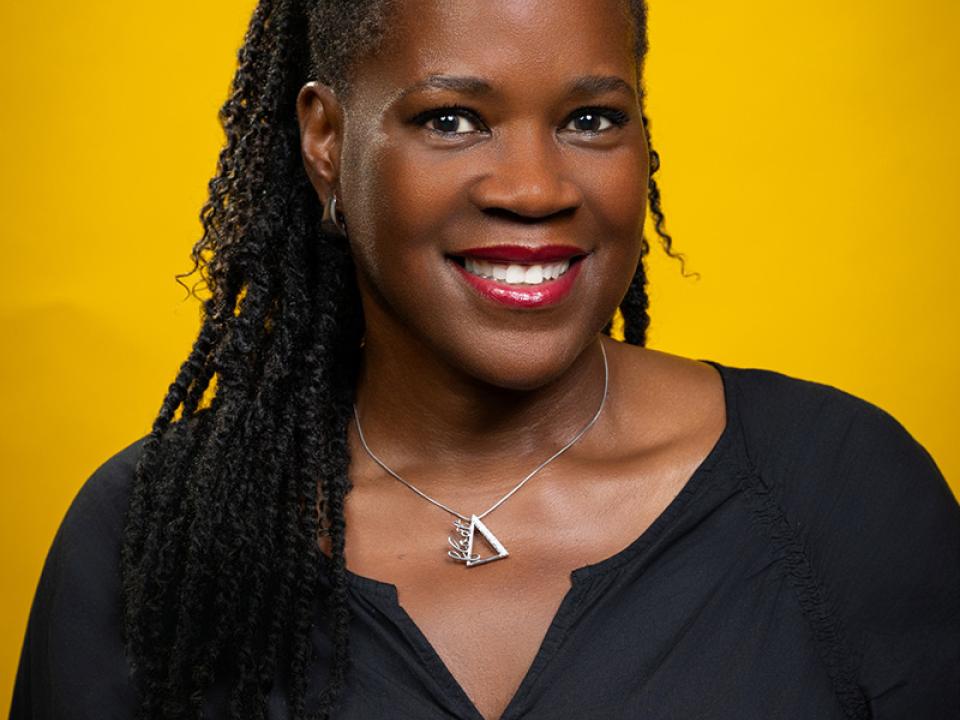Alpha Phi Sigma
Department of Criminal Justice
Alpha Phi Sigma Honor Society
Alpha Phi Sigma's mission is to promote critical thinking, rigorous scholarship, and lifelong learning. It also serves to elevate ethical standards of criminal justice professions.
Alpha Phi Sigma is the international honor society that celebrates student excellence in the fields of criminal justice and criminology.
Coppin is home to the Nu Zeta Chapter of this illustrious international honor society. Criminal justice students who qualify can become life-long members, joining thousands across the United States, Canada, and Guam who are also considered successful students of criminal justice and criminology.
Interested in applying to Alpha Phi Sigma?
Check out the Alpha Phi Sigma eligibility requirements for undergraduate and graduate students, then reach out to Alpha Phi Sigma Nu Zeta Chapter advisor, Dr. Jacqueline Rhoden-Trader.
Eligibility
Undergraduate and graduate students studying criminal justice and related fields are eligible to apply.
Undergraduate Students
To be eligible for Alpha Phi Sigma membership, undergraduate students must:
- Have completed 3 full-time semesters of the equivalent of 3 full-time semesters
- Have earned a minimum cumulative 3.2 grade point average (GPA) on a 4.0 scale in criminal justice classes
- Rank in the top 35% of their class
- Have at least 4 classes of completed coursework in criminal justice
Graduate Students
Graduate students interested in applying for Sigma Phi Alpha membership must:
- Be enrolled in the Criminal Justice master's program or another related graduate program
- Have completed 4 courses
- Have a minimum 3.4 GPA on a 4.0 scale or rank in the top 25 of their class
Interested in attending law school?
Coppin and University of Baltimore School of Law have partnered to offer a unique law school preparation program called the Fannie Angelos Program for Academic Excellence. The Angelos Scholars Program and LSAT Award Program both include an LSAT prep course taught on Coppin’s campus each spring semester. Program application deadlines are in the fall.






